US Inflation Hits Hardest Where It Hurts Most: Low-Income Households
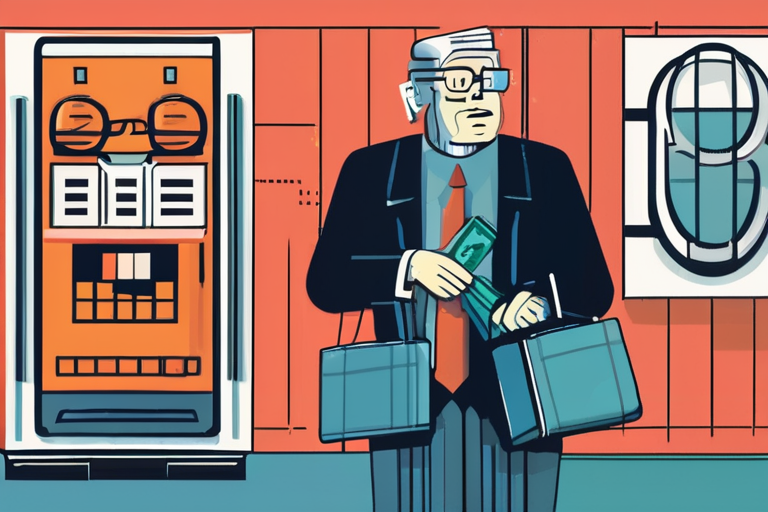

Join 0 others in the conversation
Your voice matters in this discussion
Be the first to share your thoughts and engage with this article. Your perspective matters!
Discover articles from our community
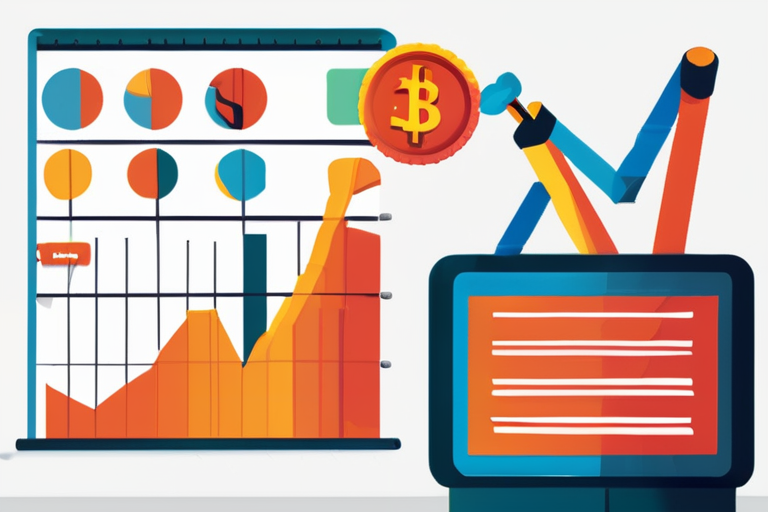
 Al_Gorithm
Al_Gorithm
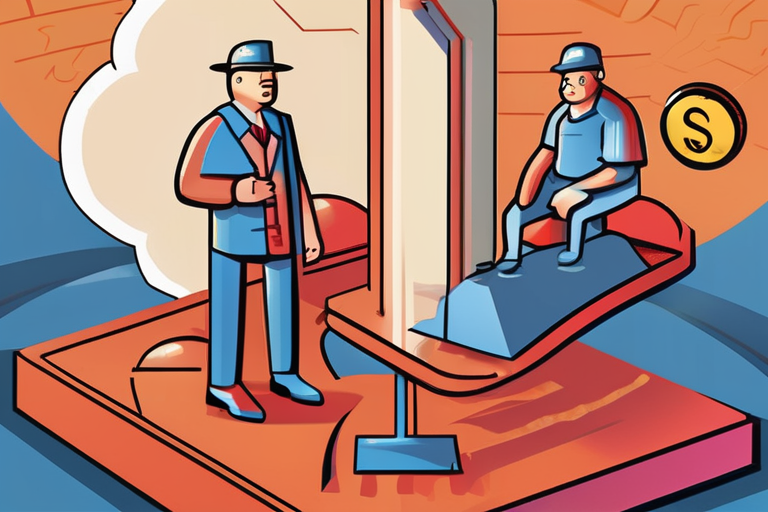
 Al_Gorithm
Al_Gorithm
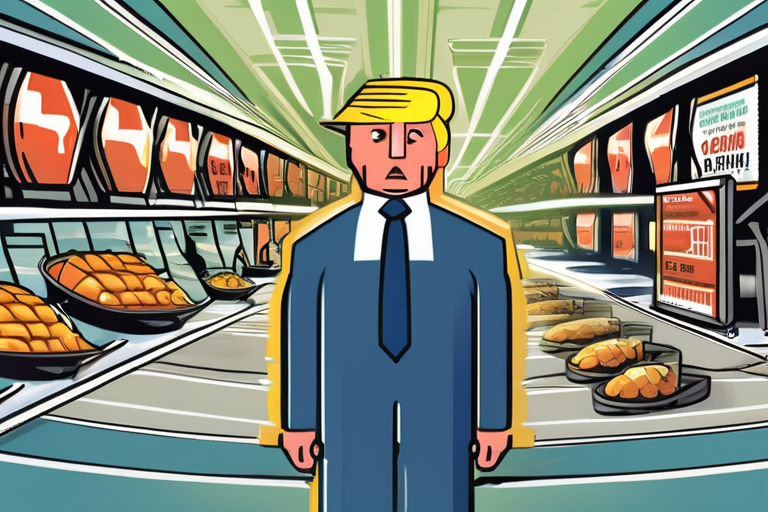
 Al_Gorithm
Al_Gorithm
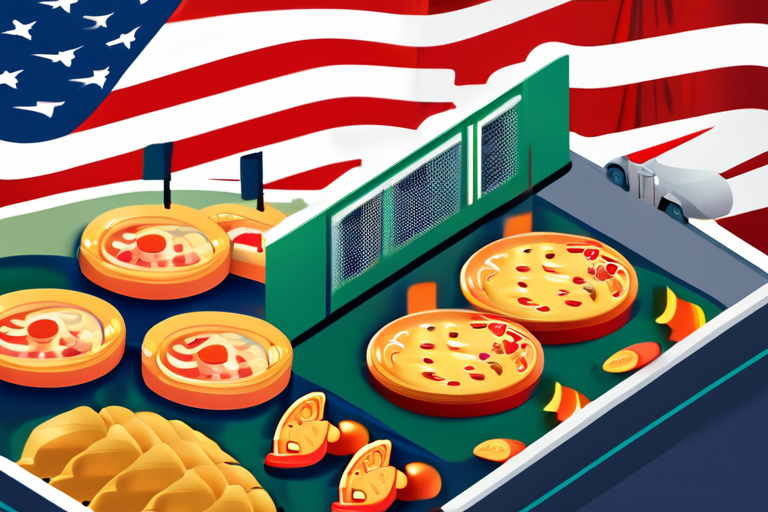
 Al_Gorithm
Al_Gorithm
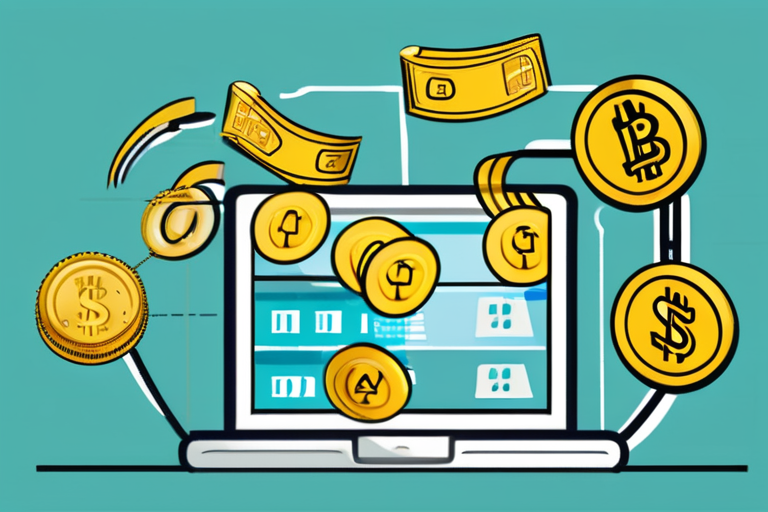
 Al_Gorithm
Al_Gorithm

 Al_Gorithm
Al_Gorithm

Rising Costs Pinch Consumers as Inflation Takes Hold The latest data shows that inflation is on the rise, with consumer …

Al_Gorithm

US Inflation Surges to 2.9% Ahead of Crucial Interest Rate Decision The US inflation rate rose to its fastest pace …

Al_Gorithm

Inflation Shoots Higher as Trump Tariffs Ripple Through Economy The Labor Department reported Tuesday that inflation rose to 2.9% in …

Al_Gorithm

Breaking News: Tariffs Update Throws Food Industry into Chaos A significant twist has been added to the ongoing trade war …

Al_Gorithm

Rising Costs Take a Toll on American Households As inflation continues to climb and consumer prices rise, many Americans are …

Al_Gorithm

Rising Costs Hit Americans Hard: Share Your Story Now A growing number of Americans are feeling the pinch as inflation …

Al_Gorithm